This is an activity within the framework of the 10th anniversary celebration of the Center for Education Quality Assessment - Association of Vietnamese Universities and Colleges (CEA-AVU&C).
Need for paradigm shift
Evaluating the traditional accreditation model, Prof. Dr. Bang Tien Long, former Deputy Minister of Education and Training, said that the advantage of this model is that it provides a comprehensive and detailed assessment; based on the process of reviewing records and actual assessment by experts; ensuring objectivity; providing a detailed picture of the school's activities.
However, the limitations of the traditional inspection model are manual processes, time-consuming and labor-intensive; long periodic assessment cycles (5-10 years); creating a "supervision gap"; lack of flexibility, not reflecting continuous quality and difficulty in responding quickly to social changes.
From this analysis, according to Prof. Dr. Bang Tien Long, there needs to be a shift from a static model to a dynamic model in quality assurance; from a model based on intermittent cycles and rigid rules to a dynamic, continuous monitoring and principle-based model. It can be tentatively called a constructive model - leading quality development.
The change in the draft Law on Higher Education (amended) with the emphasis on the role of internal quality assurance; Resolution No. 57-NQ/TW and Resolution No. 71-NQ/TW are clear evidence of this trend.
Sharing about ensuring and assessing the quality of education in the AI era, Prof. Dr. Bang Tien Long affirmed: integrating AI into the assessment of the quality of higher education is an inevitable factor of digital transformation. Vietnam needs to be proactive in this to improve its competitiveness.
Analyzing AI opportunities in auditing, Prof. Dr. Bang Tien Long emphasized 3 factors: data automation (processing large volumes of reports, detecting abnormalities); continuous monitoring (real-time monitoring, early warning); transparency (objective assessment, combining blockchain to prevent counterfeiting). Thus, the auditing model can be transformed from periodic to continuous. However, it comes with difficulties, security risks, algorithmic bias and high operational skill requirements.
To integrate AI into the quality assurance system, Vietnam needs a comprehensive strategic roadmap, built on solid foundational pillars and implemented in specific phases, with clear goals and metrics. The foundational pillars, according to Professor, Dr. Bang Tien Long, are: legal and ethical corridors; national digital infrastructure and data; and high-quality human resources.
At the same time, it is necessary to update the current quality assessment standards to reflect the impact of AI, add new criteria for Vietnam and propose them to AUN-QA. The integration of AI is not intended to replace the AUN-QA standards, which have been successfully applied by many Vietnamese universities and are internationally recognized, but to enrich and improve the effectiveness of this set of standards.
Studying the approaches of advanced countries and educational institutions in the world in integrating AI into quality assurance and accreditation is extremely necessary for Vietnam to learn, avoid mistakes and build a model suitable for its context.

Perfecting the legal framework and establishing clear AI policies
To integrate AI into higher education quality assessment, Prof. Dr. Bang Tien Long recommended that, in order to perfect the legal framework, the Ministry of Education and Training should add specific regulations on the use of AI in the Law on Higher Education (amended); and develop standards and ethical guidelines for the application of AI in education.
Regarding the application of AI in management, the Ministry of Education and Training needs to develop a roadmap for applying AI to analyze self-assessment reports, detect abnormalities and issue early warnings; promote pilot projects to test continuous quality monitoring technologies.
For universities, it is necessary to establish clear AI policies, guide students and lecturers on how to use technology responsibly; integrate AI ethics rules into the school's academic regulations. Universities also need to pay attention to investing in data infrastructure and technology to comprehensively digitalize regulations; organize periodic training on AI for lecturers and staff.
For lecturers and students, Professor and Doctor of Science Bang Tien Long believes that it is necessary to change from simple knowledge tests to exercises requiring critical thinking, teamwork, and creativity; and increase the forms of practical assessment, questions and answers, and real projects.
Lecturers and students proactively learn and use AI as a tool to support work and study, but do not rely on…

Sharing some new regulations in ensuring and assessing the quality of higher education, Prof. Dr. Huynh Van Chuong - Director of the Department of Quality Management (Ministry of Education and Training) said that the new regulations have eliminated cumbersome requirements, focusing on "conditional criteria" such as output standards, staff, internal quality assurance, requirements to demonstrate practical impact, showing that assessment is a real improvement process. At the same time, refer to AUN-QA standards and foreign assessment organizations; the database must be unified; enhance the autonomy of higher education institutions in ensuring and assessing the quality of education to link with academic records, rankings, recognition of degrees, credits, international cooperation, etc.
In the period 2026-2030, Prof. Dr. Huynh Van Chuong emphasized restructuring the organization towards professionalism; each organization needs to have a medium-term and long-term strategy to develop organizational capacity, technology and human resources.
At the same time, establish an internal quality management system, publicize processes, results and recommendations for improvement; gradually approach international standards, join the network and sign an agreement to exchange auditors. Develop a team of auditors specialized in the field of training, with digital skills, innovation consulting capacity and cross-cultural assessment ability.

On October 16, in Hanoi, the Center for Education Quality Accreditation - Association of Vietnamese Universities and Colleges (CEA-AVU&C) organized the 10th anniversary celebration and the workshop "Trends in education quality accreditation for the period 2026-2030 with the help of artificial intelligence", FIBAA workshop on Accreditation - sharing international experiences in assessing and recognizing the quality of higher education.
With the core values of “Fairness-Equality-Professionalism” and the mission of educational quality assessment, CEA-AVU&C has achieved many remarkable achievements. Up to now, the Center has awarded certificates of educational quality assessment to 88 universities, academies and pedagogical colleges that have met quality standards; awarded certificates of training program quality assessment to 281 training programs at undergraduate, master's and doctoral levels.
Source: https://giaoducthoidai.vn/bao-dam-va-kiem-dinh-chat-luong-giao-duc-trong-ky-nguyen-ai-post752812.html






![[Photo] Nhan Dan Newspaper launches “Fatherland in the Heart: The Concert Film”](https://vphoto.vietnam.vn/thumb/1200x675/vietnam/resource/IMAGE/2025/10/16/1760622132545_thiet-ke-chua-co-ten-36-png.webp)

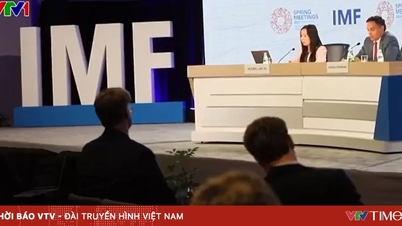





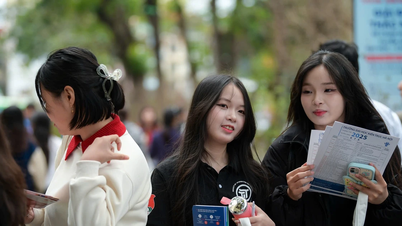
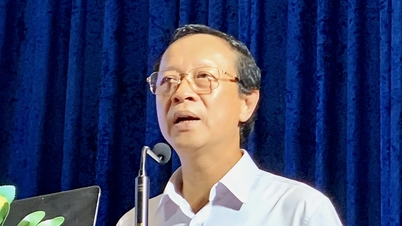
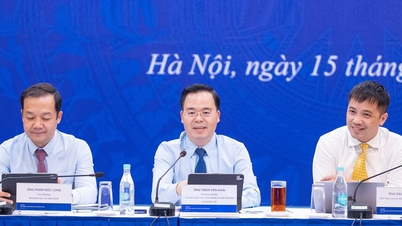
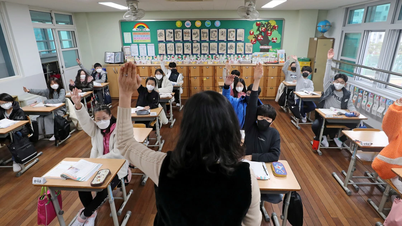
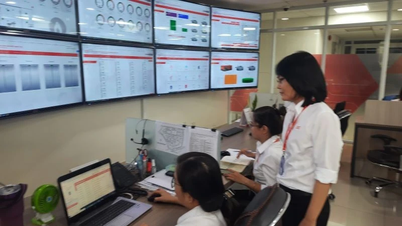

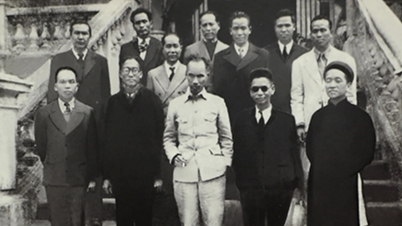

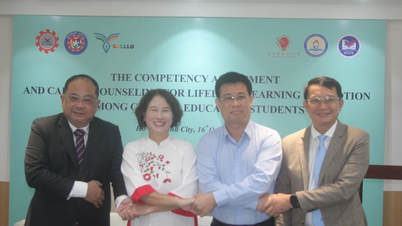








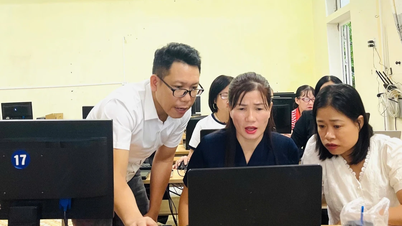

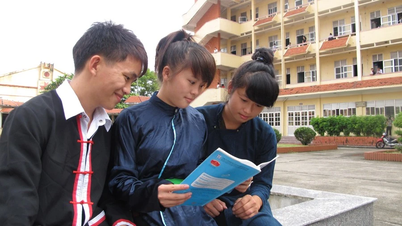

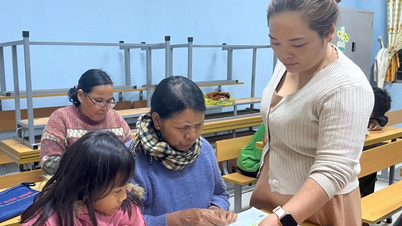
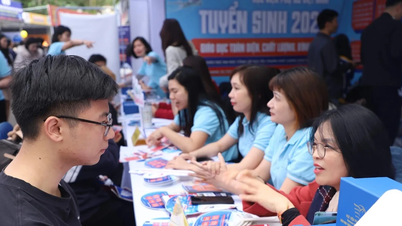
![[Photo] General Secretary To Lam attends the 18th Hanoi Party Congress, term 2025-2030](https://vphoto.vietnam.vn/thumb/1200x675/vietnam/resource/IMAGE/2025/10/16/1760581023342_cover-0367-jpg.webp)








![[Video] TripAdvisor honors many famous attractions of Ninh Binh](https://vphoto.vietnam.vn/thumb/402x226/vietnam/resource/IMAGE/2025/10/16/1760574721908_vinh-danh-ninh-binh-7368-jpg.webp)
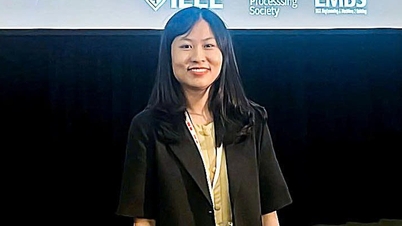






















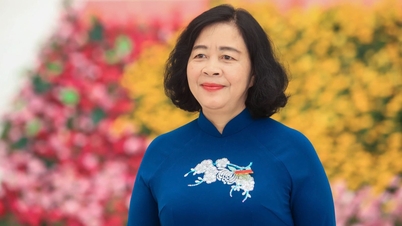




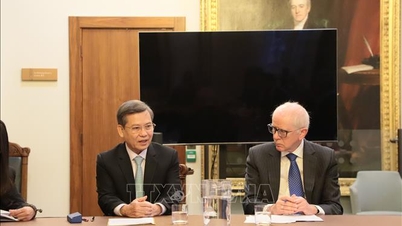
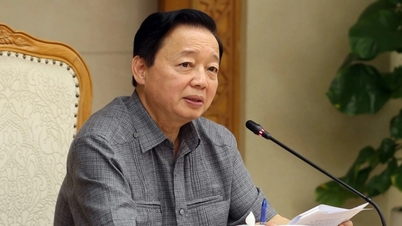


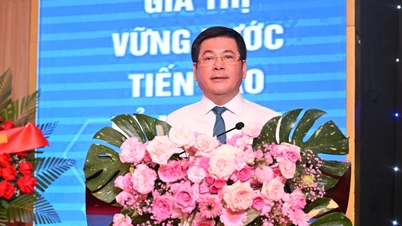

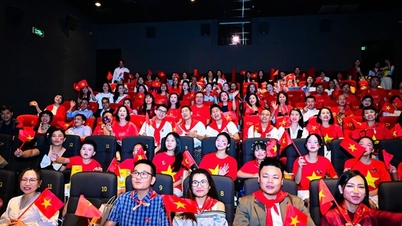

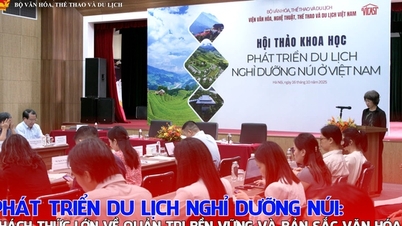
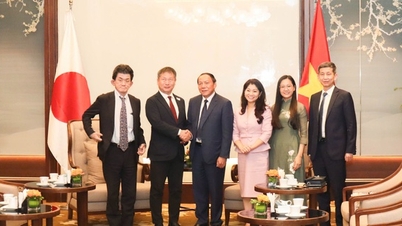
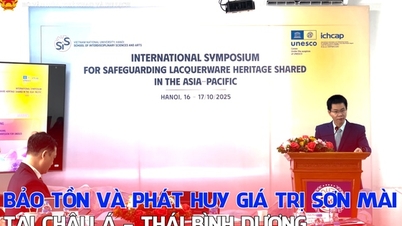
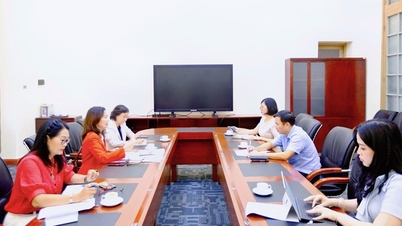

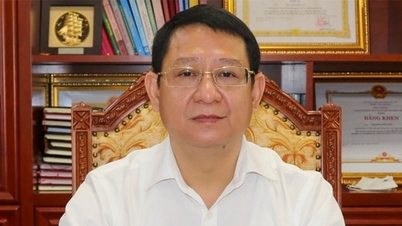


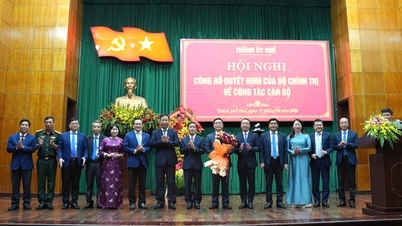
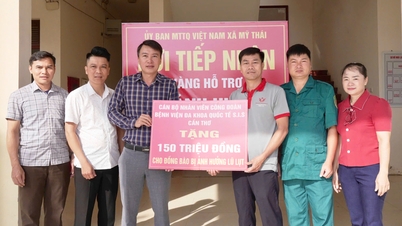

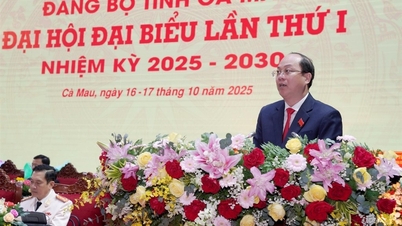
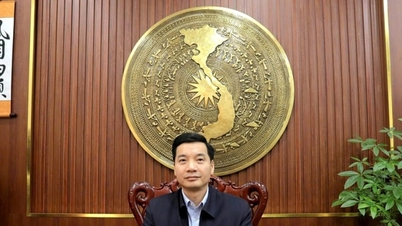
















Comment (0)